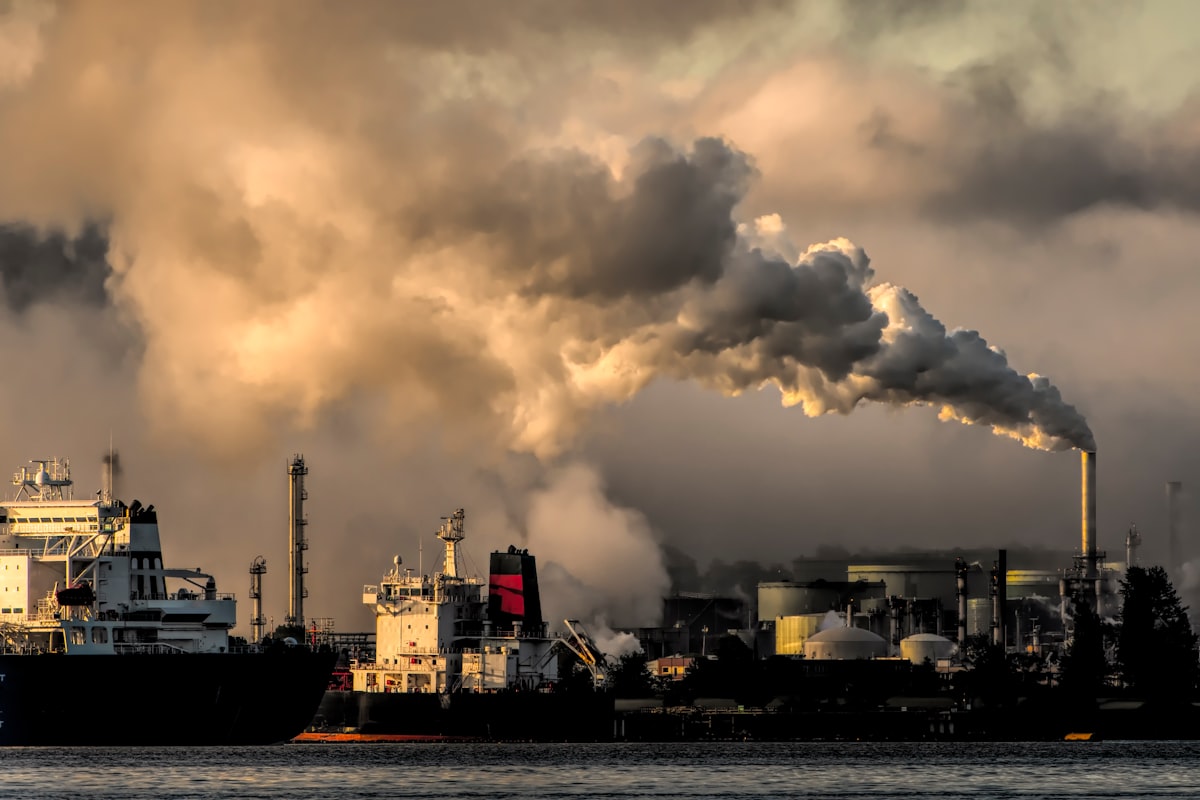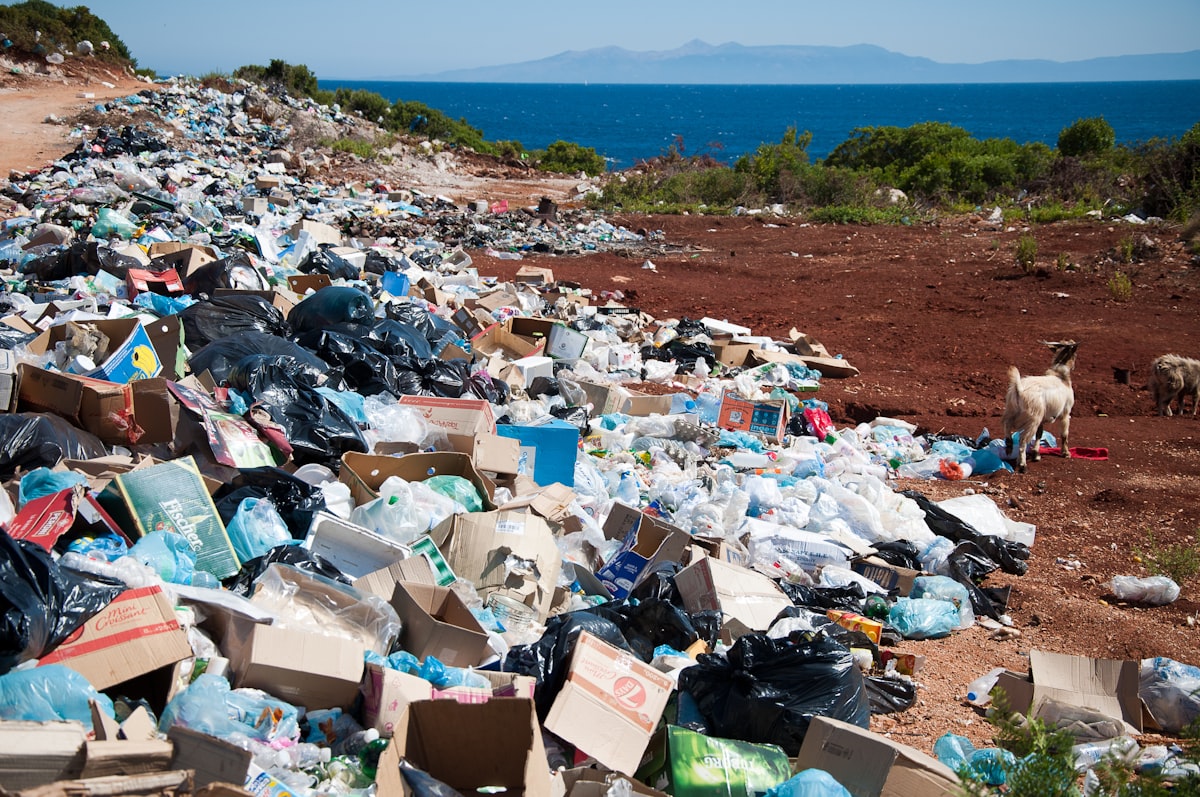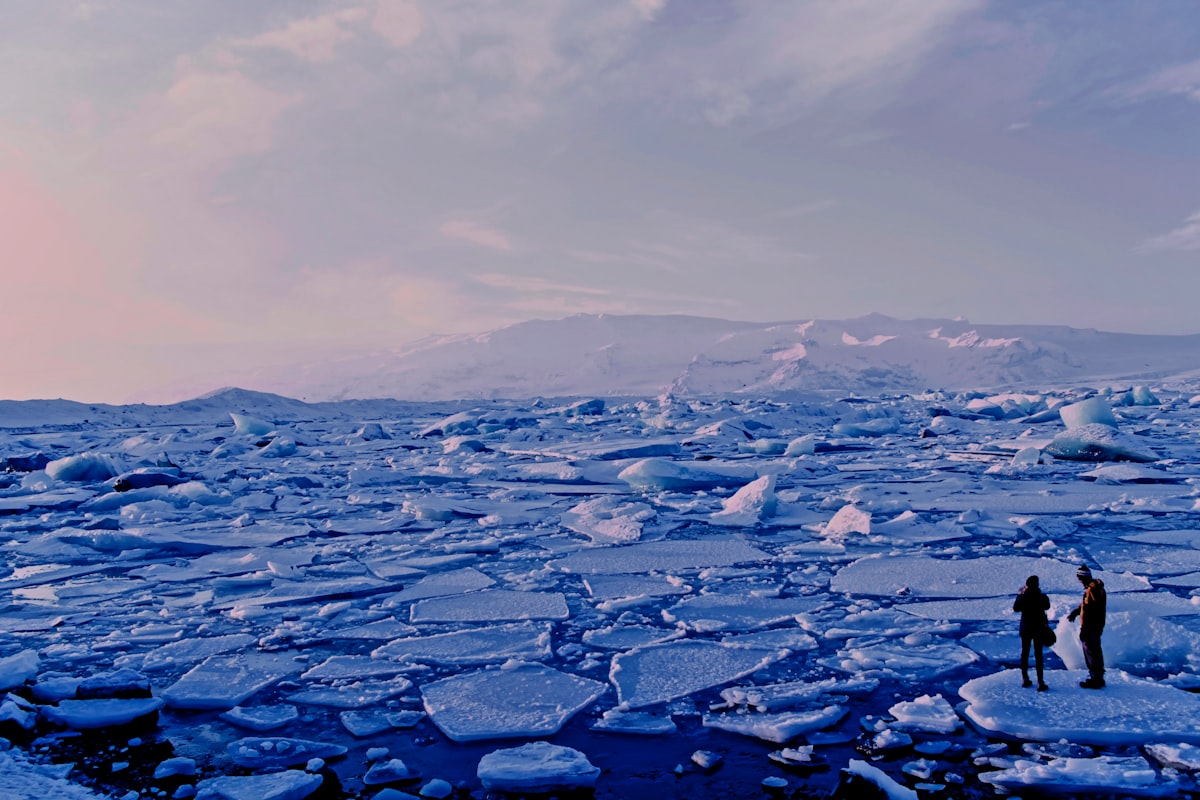Pollution
The human population is growing exponentially (with fast growth) and the standard of living for most people has improved a lot over the last 50 years. This means that...
- Resources, including non-renewable energy resources, are being used up quickly.
- More and more waste is being produced so more landfill sites are needed
- The improper handling of waste is causing pollution
- There is less land available for plants and animals due to farming, quarrying, building and dumping waste.
An increasing human population means that more pollution is released into the atmosphere.
Water Pollution
- Nitrate fertilisers are washed into waterways, the fertilisers are very soluble in water so it is very difficult to remove them.
- Eutrophication - when fertilisers are washed into waterways it cause algae and other plant life to flourish. This blocks out sunlight to other plants in the water. These plants die as they can't photosynthesis, so no oxygen is released into the water. Microorganisms break down the dead plant material, this further depletes the amount of oxygen in the water from the microorganisms respiring. There is now so little oxygen in the water fish and other organisms die (death of an ecosystem)
- Sewage and toxic waste - some organisms die in polluted water and microorganisms deplete the oxygen in the water for respiration to digest the sewage, this means some organisms die because of a lack of oxygen.
Polluted water indicators - sludge worms and blood worms
Clean water indicators - fresh water shrimp and mayfly larvee

Air Pollution
There are two reasons of producing air pollution in GCSE Biology:
- Sulfur dioxide and oxides of nitrogen (from burning fossil fuels) dissolve in rain water to form acidic solutions (acid rain). Acid rain can kill aquatic plant and animal life and cause rocks to erode.
- Particulates - primary particles (directly from the source e.g, from burning wood, car exhausts, building sites etc) and secondary particles (made from reactions with oxygen) can contribute to global dimming, get deep into the lungs and cause serious health problems and reduce visibility.

Land Pollution
- Toxic herbicides and pesticides can be washed from land into water ways.
- If waste is not properly handled as stored, more pollution will be caused.

Global Warming
The greenhouse effect describes how gases in the atmosphere, such a methane and carbon dioxide, stop excess heat escaping from the earth's atmosphere into space.
The levels of these gases are slowly rising due to...
- The increase in cattle and rice fields to feed a growing population (these organisms release methane)
- The burning of chopped down wood and industrial burning (carbon dioxide)
This effect is causing global warming. In GCSE Biology, a rise in the earth's temperature by only a few degrees could lead to...
- Significant climate change
- A rise in sea level
- Reduced biodiversity (the range of species living in an ecosystem)
- Changes in migration patterns, e.g, in birds
- Changes to the distribution of species (e.g, animals who live on ice may become more densely packed because higher temperatures may melt some of the ice.)

Carbon Dioxide
In GCSE Biology, carbon dioxide can be sequestered in oceans, lakes and ponds (this means removing it from the atmosphere and storing it in the water), this is an important factor in removing carbon dioxide from the atmosphere.
End of the topic!

Drafted by Gina (Biology)

